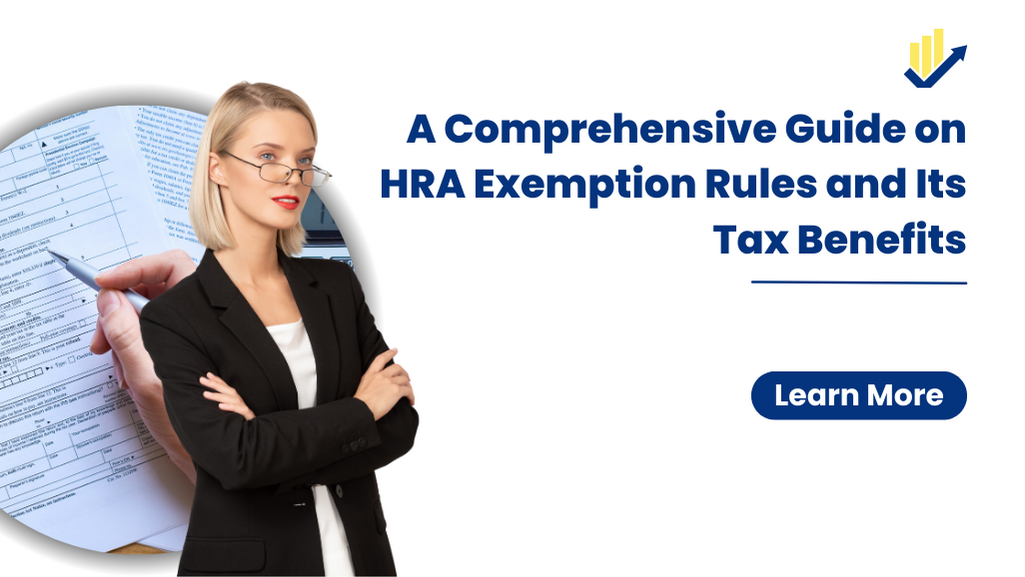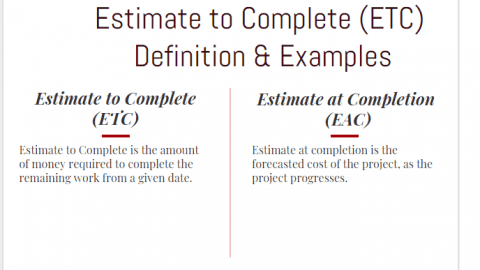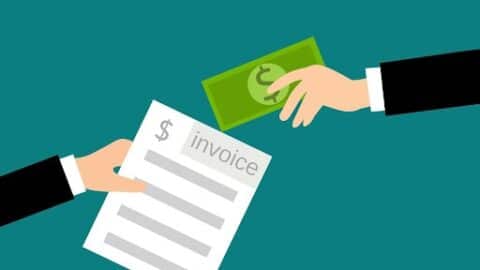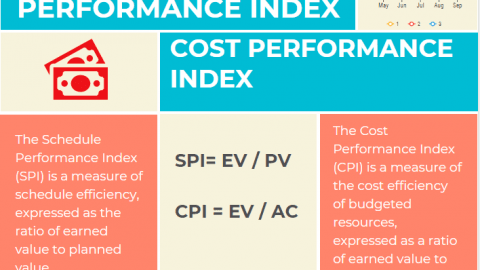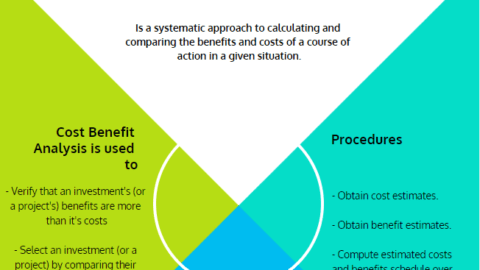A Comprehensive Guide on HRA Exemption Rules and Its Tax Benefits
HRA Exemption – House Rent Allowance is a component of a salary that is given by the company to its employees. While subject to tax exemptions, this component has certain rules and regulations. Here is a complete guide to understanding this component and ensuring you are aware of the exemptions you can get and also regarding the rules and regulations.
Table of Contents
1. HRA Exemption – What is it?
House Rent Allowance (HRA Exemption) is a component of the salary provided by employers to employees to meet their accommodation expenses. The HRA received can be partially or fully exempted from income tax, subject to certain conditions. This exemption can help individuals reduce their taxable income and subsequently lower their tax liability.
Also Read: Home Insurance Quotes: Compare the Best Deal
All about HRA exemption rules and its tax benefits
What is HRA?
The amount paid by the employer to the employee to meet the costs of rented accommodation is known as House Rent Allowance or HRA. Both private and public sector employees are paid HRA. It is a component of the salary (CTC package) and not a part of the basic pay. HRA may differ from one employee to the next based on their position in the company and company policies. Salaried individuals can claim a partial or full tax exemption under section 10 of the Income Tax Act.
HRA for different individuals
The first rule of applying for an exemption is to ensure you have the component of HRA in your salary slip. The second requirement is that you should be a salaried employee of a company to apply for a tax deduction. Salaried employees can claim benefits under section 10 of the Income Tax. Those who are self-employed can apply for an exemption under section 80 GG.
How is HRA calculated?
The deduction option is one of the following –
- HRA receives as per the salary slip
- 50% of (basic salary plus dearness allowance) for those staying in metro cities
- For those living in non-metro cities, it is 40% off (basic salary plus dearness allowance)
- Actual rent paid – 10% of (basic salary plus dearness allowance)
If you are looking for a straight answer without any hassle, you can use the HRA exemption calculator to determine your eligibility.
Also Read: What Are The Advantages And Disadvantages of Short-Term vs. Long-Term Health Insurance Plans?
Exemption rules in case you don’t receive HRA
If you have rented a place and do not receive HRA from your employer, you can still file for tax benefits. The conditions required to file for tax benefits are as follows –
- You should be self-employed or a salaried employee
- Your salary should not have HRA as a component in any month of that year under section 80GG. You or your family member do not own any residence where you are staying for work or otherwise.
Claiming HRA when staying with parents
If you are staying in your parent’s house and working in the same city, then you can be eligible for tax benefits through HRA. You can pay your parents monthly rent by preparing a rental agreement with your parents. The money transferred to them every month should reflect in their Income Tax returns. Depending on their income, they can save tax on family income. It is advisable to transfer the money to your parents via net banking to ensure proof while filing your income tax.
2. Eligibility Criteria for HRA Exemption
To claim HRA exemption, you need to fulfill the following eligibility criteria:
- You must be a salaried individual receiving HRA as a part of your salary package.
- You should be paying rent for a residential property.
- The property should not be owned by you, your spouse, or any immediate family member.
- The rent paid should exceed 10% of your basic salary or 50% of your salary (for individuals living in metro cities).
3. Calculation of HRA Exemption
The HRA exemption is calculated using the following formula:
HRA Exemption = (Actual HRA Received) – (Rent Paid – 10% of Basic Salary) or (50% of Basic Salary for metro cities)
The lowest of the following three amounts is considered for exemption:
- Actual HRA received from your employer
- Rent paid more than 10% of the basic salary
- 50% of the basic salary for individuals residing in metro cities (40% for non-metro cities)
4. Submitting Rent Receipts and Other Documents
To claim the HRA exemption, you need to submit rent receipts and other relevant documents to your employer. These documents include:
- Rent receipts: You must obtain rent receipts from your landlord, mentioning the amount paid, duration, and landlord’s signature.
- Rent agreement: A rent agreement can serve as supporting evidence of the rental arrangement.
- PAN card of the landlord: If the annual rent exceeds Rs. 1 lakh, you need to provide the PAN card details of your landlord.
- Employer’s declaration form: Some employers may require you to submit a declaration form along with the rent receipts.
5. Tax Benefits of HRA Exemption
The HRA exemption provides several tax benefits to individuals, such as:
- Reduction in taxable income: The exempted HRA amount is deducted from your total income, leading to a lower tax liability.
- Increased take-home salary: Since the exempted HRA is not taxable, you can receive a higher take-home salary.
- Additional tax savings: By optimizing your HRA exemption, you can maximize your tax savings and increase your disposable income.
6. How to Claim HRA Exemption?
To claim the HRA exemption, follow these steps:
- Determine your eligibility for HRA exemption based on the criteria mentioned earlier.
- Collect rent receipts and other required documents from your landlord.
- Calculate the HRA exemption using the appropriate formula.
- Submit the necessary documents and declaration form to your employer.
- Your employer will consider the HRA exemption while calculating your income tax liability.
HRA and deduction on a home loan – You can claim exemption on home loan interest as well as exemption on HRA. You can use the Home loan EMI calculator to understand your EMI payments and your eligibility for an exemption too.
7. Impact of Living in a Self-Owned House
If you live in a self-owned house, you are not eligible for HRA exemption. However, you can still claim tax benefits under other sections of the Income Tax Act, such as home loan interest deduction (Section 24) and principal repayment deduction (Section 80C).
8. HRA Exemption vs. Home Loan Benefits
HRA exemption and home loan benefits are two different provisions that offer tax advantages in different scenarios. While HRA exemption is applicable to individuals living in rented accommodations, home loan benefits apply to individuals who have taken a home loan for purchasing or constructing a house. Both these provisions can help individuals reduce their tax burden effectively.
9. HRA Exemption for Self-Employed Individuals
Self-employed individuals, such as freelancers or consultants, are not eligible for HRA exemption since they do not receive a salary from an employer. However, they can claim a deduction on house rent paid under Section 80GG of the Income Tax Act, subject to certain conditions.
10. Conclusion
In conclusion, understanding the HRA exemption rules and its tax benefits is essential for every employee. Knowing how exemption works and the factors determining the exemption amount, you can optimize your savings and reduce your tax liability. Remember to keep all the necessary documents, such as rent receipts or rental agreements, to claim HRA exemption. If you have any further questions or require assistance, consult with a tax professional to ensure you make the most of the exemption rules.

David is a dynamic, analytical, solutions-focused bilingual Financial Professional, highly regarded for devising and implementing actionable plans resulting in measurable improvements to customer acquisition and retention, revenue generation, forecasting, and new business development.

